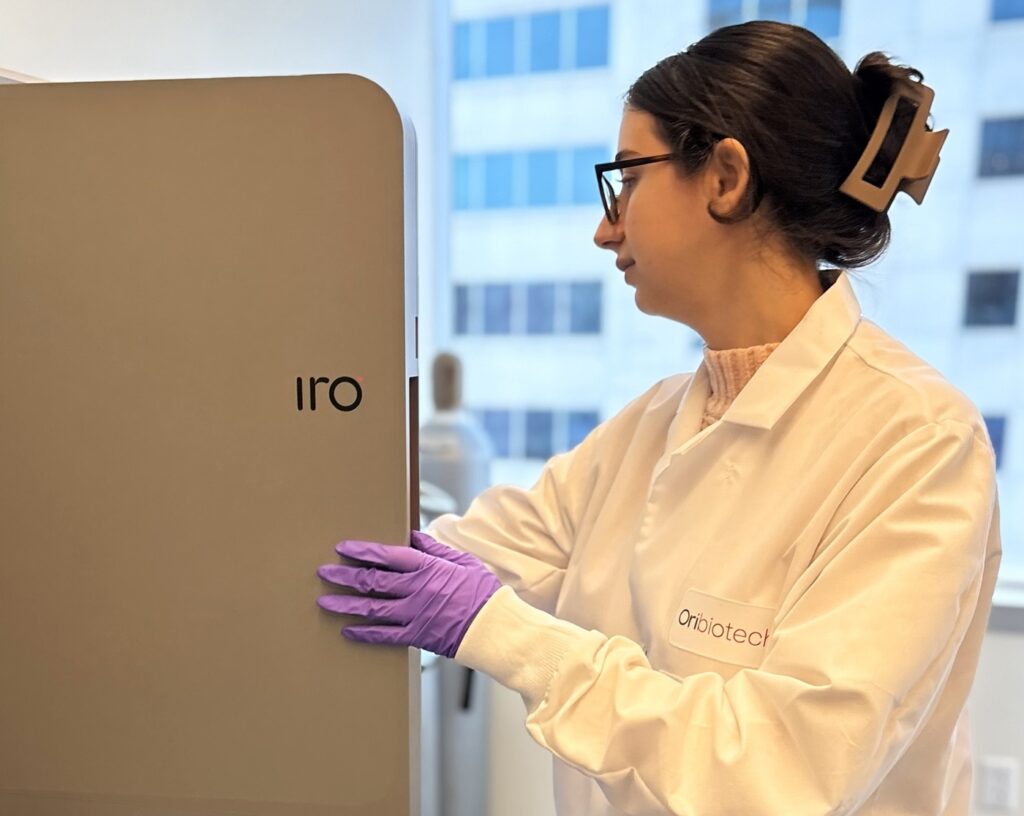
Credit: Ori Biotech
To make enough gene-edited therapies for more patients and to treat more diseases, bioprocessing is moving to more flexible methods. “The biggest problem in getting these products to patients remains manufacturing,” says Jason C. Foster, CEO of Ori Biotech, which recently announced a collaboration with MaxCyte to improve and accelerate the production of CRISPR-edited T cells. “These are hard, manual processes, and even though they might be automating certain unit operations, much of this is still done by human operators.” Plus, legacy platforms tend to be developed to produce only one cell or gene therapy.
Instead of production platforms that are largely constrained to making one biotherapy, Foster envisions automated, modular platforms that serve as a flexible foundation and can be configured to support many therapies and applications. “Think of it like Lego building blocks where you can pick the ones you want to bring into your process,” he says. That starts with a core system that automates and connects multiple steps in the manufacturing workflow and then brings in complementary best-of-class tools from other companies to enhance performance.
“We are working with best-of-breed providers and technologies to allow us to integrate that, either through an application-development process or some physical integration,” he says.
Examples are MaxCyte’s expertise in electroporation and Fresenius Kabi’s platforms in wash, concentration, and fill finish. By putting together a collection of technologies and contract research organizations, such as ORI partner Charles River Laboratories, “we’re trying to expand flexibility for developers so that, together, we can ultimately deliver patients the products they need at scale,” Foster says.
Those building blocks for flexible bioprocessing, though, must also be easy to install and take little time to train operators. Instead of a system that takes days or weeks to get up and running, Foster points out that a focus on ease of use can significantly cut that time. He describes an example in which operators needed less than three hours of training, and then the system was running.
The move to more flexible production of gene-based therapies goes beyond Ori Biotech. Many companies are working on platforms or processes that bring adaptability to bioprocessing. That should drive the approval of more therapies. As of May 5, 2025, the FDA listed 45 approved cell and gene therapy products, but Foster expects that number to grow to more than 100 in the next few years. With more flexibility in bioprocessing platforms, even more cell and gene therapies might be approved, which could allow far more patients to be treated.



